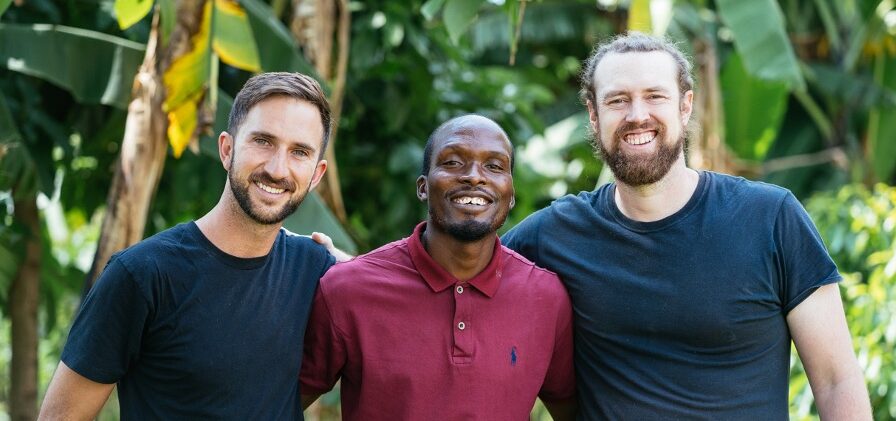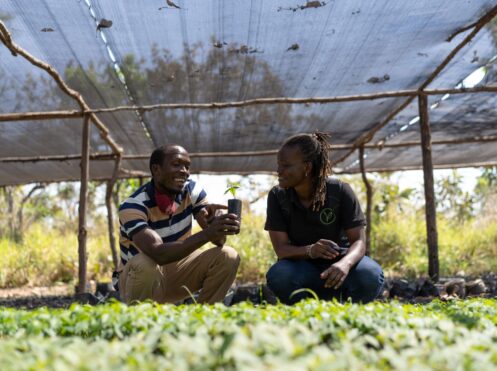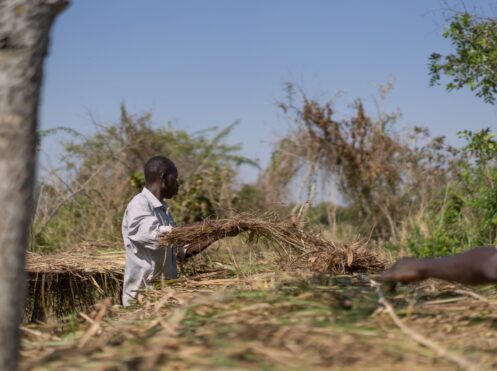Kijani Forestry was started around a simple idea:
Could we reverse the rampant deforestation in Uganda through a scalable, financially sustainable, and holistic business model?

The three cofounders, Paul, Quinn and Beau, met in Uganda in 2013 and our friendship grew while working together through years blood, sweat, tears, and some serious bushwacking. Throughout that time, the deforestation became alarmingly visible and was paired with sharp increases in charcoal prices in the region. After seeing how intricately linked these problems were with the changing weather patterns, decreasing crop yields, and ongoing cycle of poverty, we knew we had to do something.
While things were progressing on our farm, we realized this idea was much bigger than could be contained on this 400-acre trial. We had neighbors, employees, governments, organizations and other companies asking how they could be a part of what we were doing. That’s when we realized we needed to branch out from our original plan and spread our seeds further. (And yes, puns will always be intended). That external curiosity led to us developing a new approach which we have named our Nursery Hubs.


The Nursery Hubs are our way to get others involved in joining this fight in a way that can break the cycle of poverty for our partner farmers. Through various partnerships, we’ve been able to expand our work well beyond the 400 acres to a handful of districts all throughout Uganda and to partner with thousands of households to plant millions of trees. And we’re just getting started!
To hear more about the journey and celebrate our milestones with us, subscribe to our email list here and receive (very!) occasional email updates with some good-news stories.
